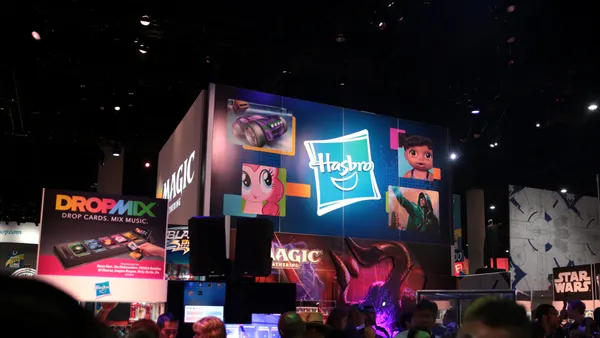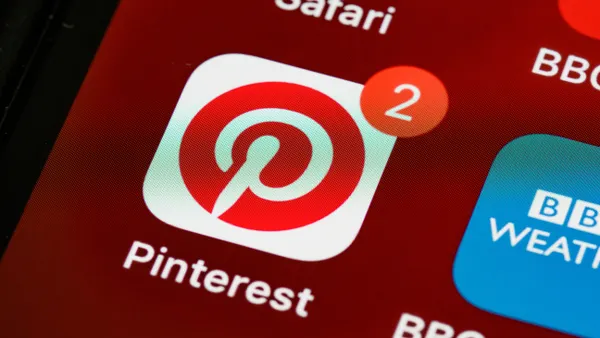Dive Brief:
-
Ebay announced that it has partnered with media and entertainment website Mashable to plant shopping tag icons in its stories and images, allowing Mashable readers to shop for similar items on eBay's marketplace.
-
The effort was driven by the eBay Marketing Lab, which wanted to enable "shoppable" stories and images to better understand how consumers shop online when they are not on the eBay site, and what factors matter most to those shoppers, such as seller reputation and delivery time, according to an eBay blog post.
-
The partnership comes several months after eBay increased its use of image search technology to help shoppers find eBay merchandise similar to what items they see on their social media feeds and smartphone photo galleries.
Dive Insight:
The concept of shoppable content is not a new thing at this point. Instagram was working with retailers like Target and Nordstrom on the idea of shoppable images way back in 2014, and others like RetailMeKnot have done it in the context of their own mobile apps, while Amazon last year launched a shoppable content feed called Spark.
On the surface, this partnership sounds somewhat more similar to Walmart's alliance with Buzzfeed's Tasty social food network than those other endeavors. The deal, which was announced in December, allows people viewing recipe videos to add ingredients from a recipe directly to a Walmart or Jet.com shopping cart. In this case, Mashable stories and photos would have similar capabilities embedded in them by Mashable journalists.
It's the first time eBay has enabled such a capability outside of its own web site. But for e-commerce, mobile commerce and retail in general, enabling readers of posts on media sites to shop directly from the posts themselves has massive potential.
For now, this is just a pilot project, but if it pays off, we could quickly see eBay and other online marketplaces forging similar partnerships with all kinds of content publishers. E-commerce retailers are looking to both keep pace with and influence how consumers find and buy items online. No one wants to believe that simple keyword shopping searches will define how people shop in the long term. The concept of shoppable content gives customers another way to discover what sellers have to offer, without having to set aside a dedicated time to shop.














